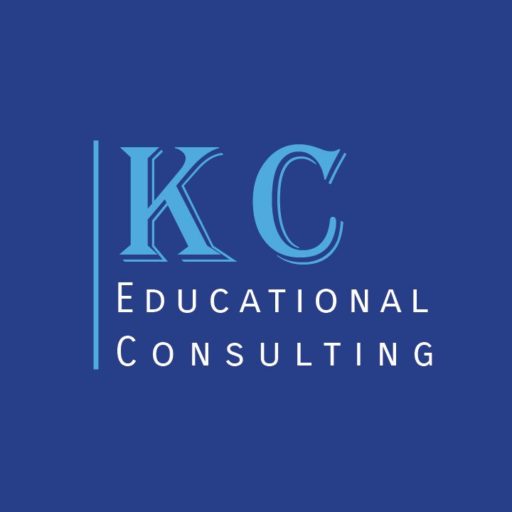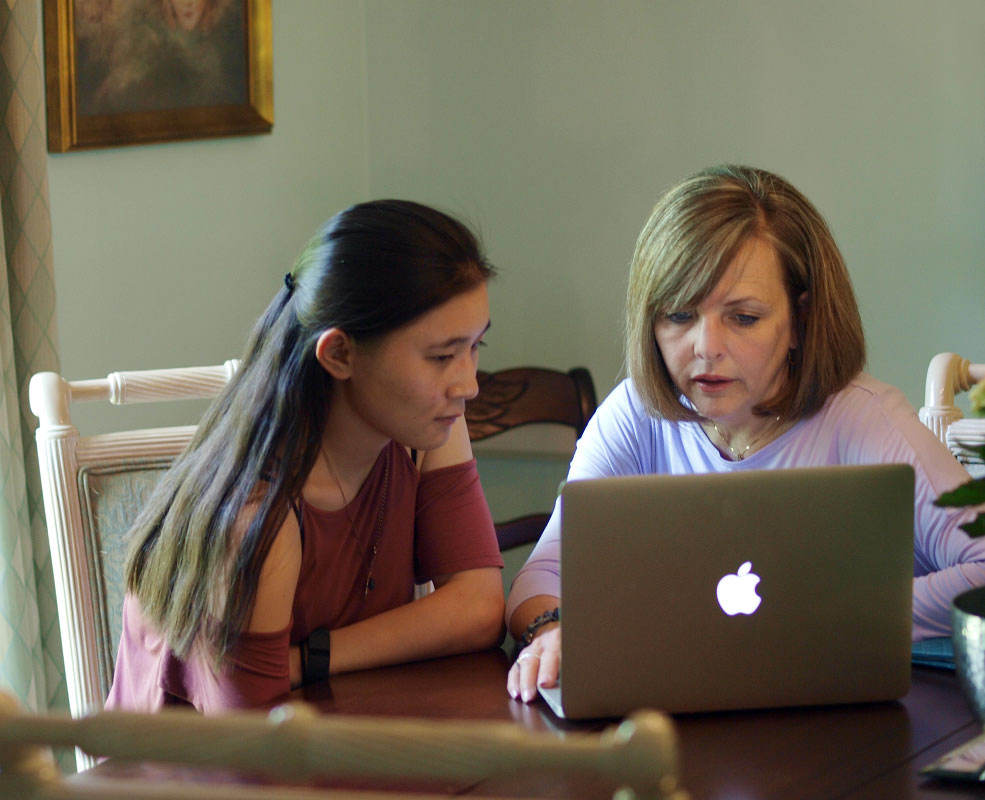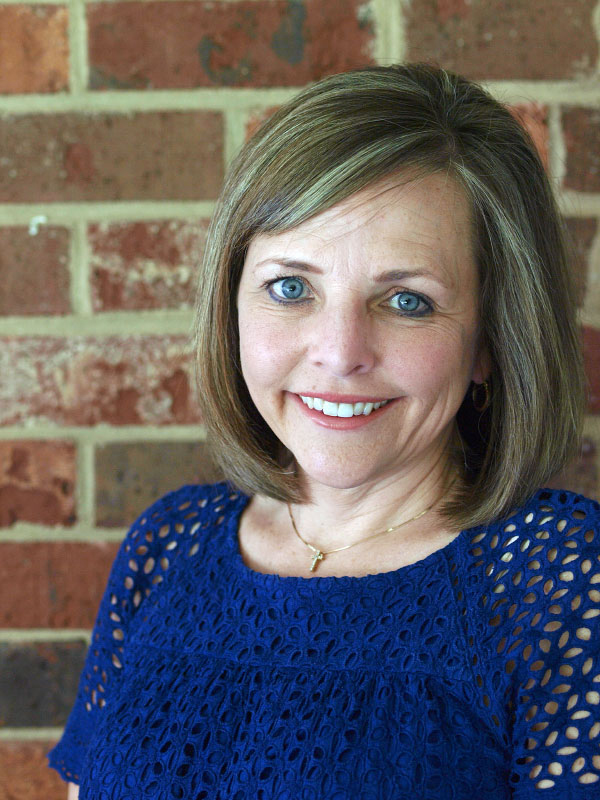The process for applying to college has become more complex and fluid than ever before. With the advent of online applications and the rise of technology, more students are applying to more schools, and selective schools are only getting more selective. The standards for acceptance at state schools also continue to rise, and many students and families find the entire process overwhelming and frustrating.
Engaging with an independent educational consultant who is keeping abreast of trends and nuances, visiting schools, and networking with colleagues can ensure that your child makes the most of the experience. Having someone who can help you think outside of the box and explore all opportunities can be a game-changer. There are more than 3,000 colleges and universities in the United States alone, so being well-informed is key.
High School Counselor Ratios Continue to Rise
The American Counseling Association recommends an average ratio of one counselor to 250 high school students. According to the Charlotte-Mecklenburg Schools 2017-18 budget, the ratio for CMS high schools is one counselor to 380 students. Counselors play a vital role in college planning, but with these ratios, they simply do not always have time to provide more than the basic services. In addition to college planning, today’s high school counselors are consumed with duties involving scheduling, crisis intervention, peer relations, truancy and more. Even in a private school setting, counselors may not have the time or support needed for every scenario.
When you work with an independent educational consultant, you reap the benefits of having someone focused on your child and your particular family situation. A good independent educational consultant will support your efforts and guide your student to seek information and guidance from the school counselor as needed. You are not replacing your school counselor; you are adding to your child’s team of mentors and cheerleaders.
Sometimes it Takes Another Adult to Motivate
Any parent knows that managing the teen years requires stamina, patience, and a sense of humor. And while we always think we know what’s best for our kids, sometimes they don’t want to hear what we have to say about many things, much less about preparing for the future. The college planning process should be student-centered and often it takes adding an objective third party to the mix to ensure that the student really owns the process and that family dynamics and patterns do not have an unintended negative impact.
Consider that an independent educational consultant can be a positive role model and can help your child make the most of this time of self-discovery. It’s not just about applying to college. It’s about developing self-awareness and life skills that can have a lasting impact.







